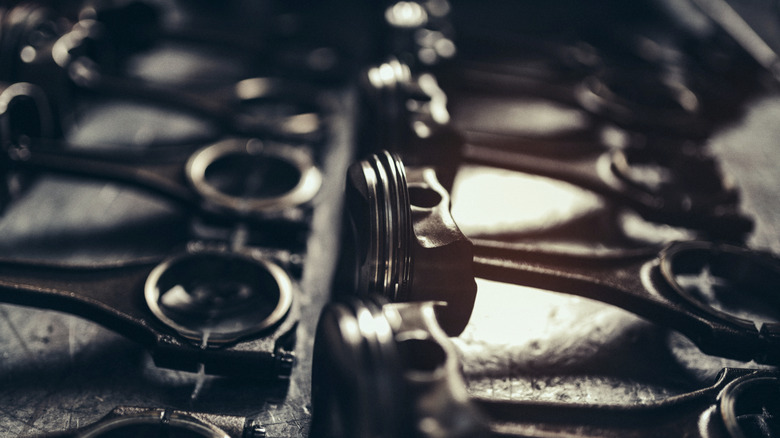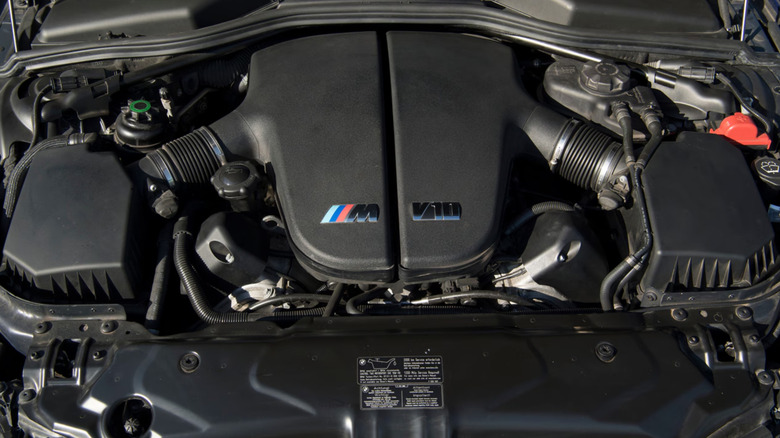Did GM Ever Make A V10 Engine?
American cars are not really known for their V10 engines, but there were a few notable ons over the years, like the Dodge Viper, and also a few Ford models were powered by a V10 engine. America was obsessed with V8s, and not many V10 engine cars were produced Stateside. General Motors, one of the biggest manufacturers in the country, also experimented with the idea of a V10 engine, and while it never made it to a production car, GM made a few prototypes of them.
In 1994, GM engineers set to work on a V10 engine, opting to add two cylinders to an existing V8 engine. The engine was built for GM's trucks, though we could have potentially seen a V10 Corvette as well. The V10 engine did have better performance in its truck application, but it did not make sense or had any significant advantage over GM's original big block V8 engine which it could have potentially replaced.
The real number is not known, but a handful of V10 prototype engines did become a reality. One of them escaped the testing facilities of GM and somehow ended up in the hands of a very lucky person, and it came for sale recently. GM confirmed its prototype nature as well. The other engines are still hiding somewhere in GM's development centers.
What makes a V10 so unique and why do manufacturers don't use them anymore?
V10 engines are as delightful as they sound. They have been put in some of the most legendary cars ever made and at some point, every major manufacturer has toyed with the idea of creating a V10. BMW had the V10 in the M5, Porsche had a V10 in the Carrera GT, Audi put a twin-turbocharged V10 in a station wagon, and even Volkswagen plonked a V10 diesel engine in the Touareg. There was also the brilliant Lexus LFA, which is arguably one of the best sounding cars ever made, and there was also the Audi R8 and the Lamborghini Huracàn.
V10 engines are quite unique. They are lighter than V12 engines, but they can produce more power than V8s. This is because, usually, V10 engines have lighter pistons for the same displacement, and they can also rev higher. That being said, they are not as smooth as V12s, and they are very complex to make. V10 engines, unlike V8s and V12s, are also not inherently balanced if there isn't a particular angle between the V, which could facilitate balance shafts.
In 2025, the V10 engine has pretty much been discontinued, and you can't find one in any new car. Manufacturers, with the advent of chasing efficiency, have moved on from this engine type. New turbocharged V6 and V8 powertrains offer similar power and efficiency, while being cheaper to produce. For the best of the best supercars, turbo V8s and V12s makes sense, because that is one of the best options when considering performance. They are more exotic, and they are also inherently balanced.

